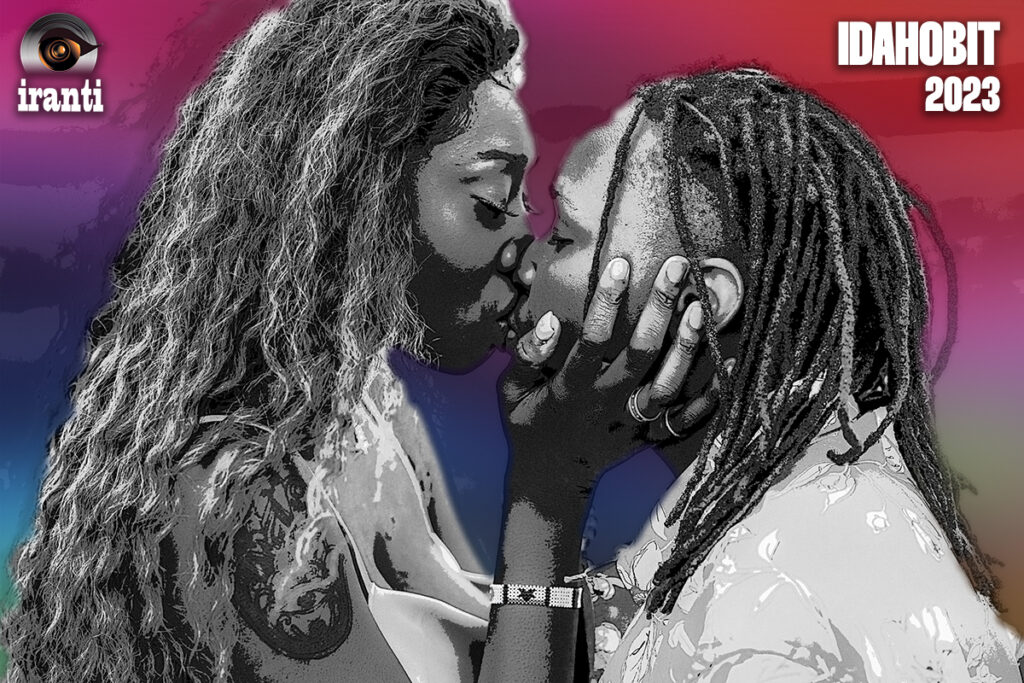
International Day Against Homophobia, Biphobia, Interphobia and Transphobia (IDAHOBIT) is an important day in the calendar year. On the 17th of May 1990, the World Health Organisation declassified homosexuality as a mental disorder, removing it from the Classification of Diseases. This was an incredible milestone. Unfortunately, in 2023, the queer community continues to face extreme and disproportionate levels of discrimination and violence.
This year’s IDAHOBIT theme is “Together always: united in diversity” speaks to the importance of inclusivity and the need for all members of the LGBTQIA+ community, and broader society, to support one another. At its core, the theme underscores the need for all of us to work together to address the various challenges that the LGBTQIA+ community faces.
The theme also speaks to the importance of intersectionality within the LGBTQIA+ community. Members of the community can face multiple forms of discrimination, such as racism, ableism, or misogyny, on top of homophobia, biphobia, interphobia, and transphobia. As a result, it is important to acknowledge and address the intersections of identities that exist within the community.
We believe that inclusive policies and laws are crucial for the well-being and protection of queer people, particularly the transgender and intersex communities. Trans and intersex people have historically been and continue to be marginalized and face a range of issues related to discrimination, lack of legal recognition, and limited access to healthcare and other services.
One of the most important legal issues for transgender people is the right to legal recognition of their gender identity. Many countries still require medical interventions or other arbitrary requirements before allowing individuals to change their legal gender. This can be a lengthy and costly process, and may not be possible for many people due to social or economic barriers. This leads to situations where transgender people may be denied access to basic services, such as healthcare or education, because their gender identity is not legally recognized. Some countries are altogether denying the existence of transgender people, and actively working to erase them.
In addition, intersex individuals face discrimination and even abuse due to their physical sex characteristics. Many intersex individuals have undergone harmful, unnecessary medical torture to make their bodies conform to societal norms, including genital mutilation and/or hormonal treatments. Inclusive policies and laws should prohibit such practices and instead prioritise the well-being and autonomy of intersex people.
Inclusive policies and laws should also address the issue of violence against transgender and intersex people. Transgender and intersex individuals are disproportionately affected by hate crimes and violence, and they need legal protections and support to ensure their safety and well-being.
IDAHOBIT serves as a reminder that we must continue to fight for the rights of the LGBTQIA+ community. Discrimination, violence, and oppression are still prevalent in many parts of the world, and even in countries where LGBTQIA+ rights have been recognised, there is still work to be done to ensure that everyone can live their lives free from discrimination and oppression.
The theme of “United in Diversity” reminds us that our community is stronger when we stand together and support each other. We must continue to fight for the rights of all members of the community, including those who are often overlooked or marginalised. It is only by working together that we can create a world where everyone can live their lives with dignity and respect.
Our diversity is our strength. Together always.
